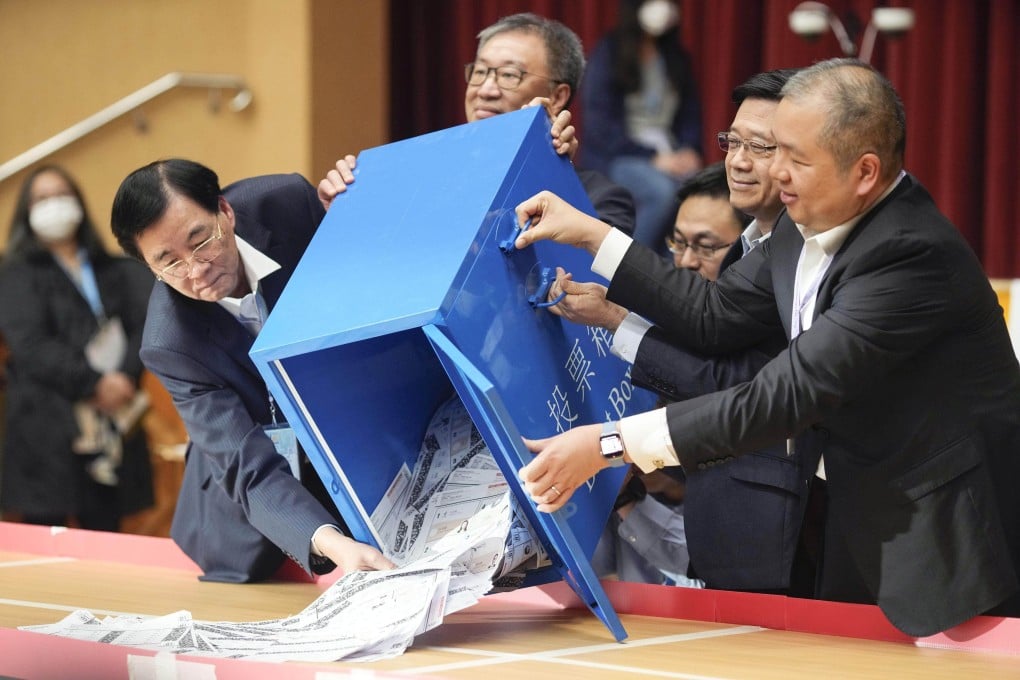Editorial | Hong Kong council appointees must show worth
- Described as ‘high-calibre patriots’ by Hong Kong’s leader, it remains to be seen whether they will improve district bodies

Following the conclusion of Sunday’s ballot, the government yesterday announced a batch of appointed councillors in the last piece of a jigsaw puzzle to complete the “patriots-only” district councils revamp.
Together with a new monitoring mechanism, it is to be hoped that the lower-tier structure will better serve the public.
Under the new system, 88 of 470 seats are directly elected by the public, while local committees return 176 members. Another 179 are hand-picked by Chief Executive John Lee Ka-chiu. Rural committee leaders fill the 27 ex officio seats.
The appointees come from different sectors, including industrial, commercial, professional, labour and district groups.
School principals and teachers, lawyers, healthcare practitioners, social workers, engineering surveyors, accountants, and practitioners in insurance and financial services are represented.
